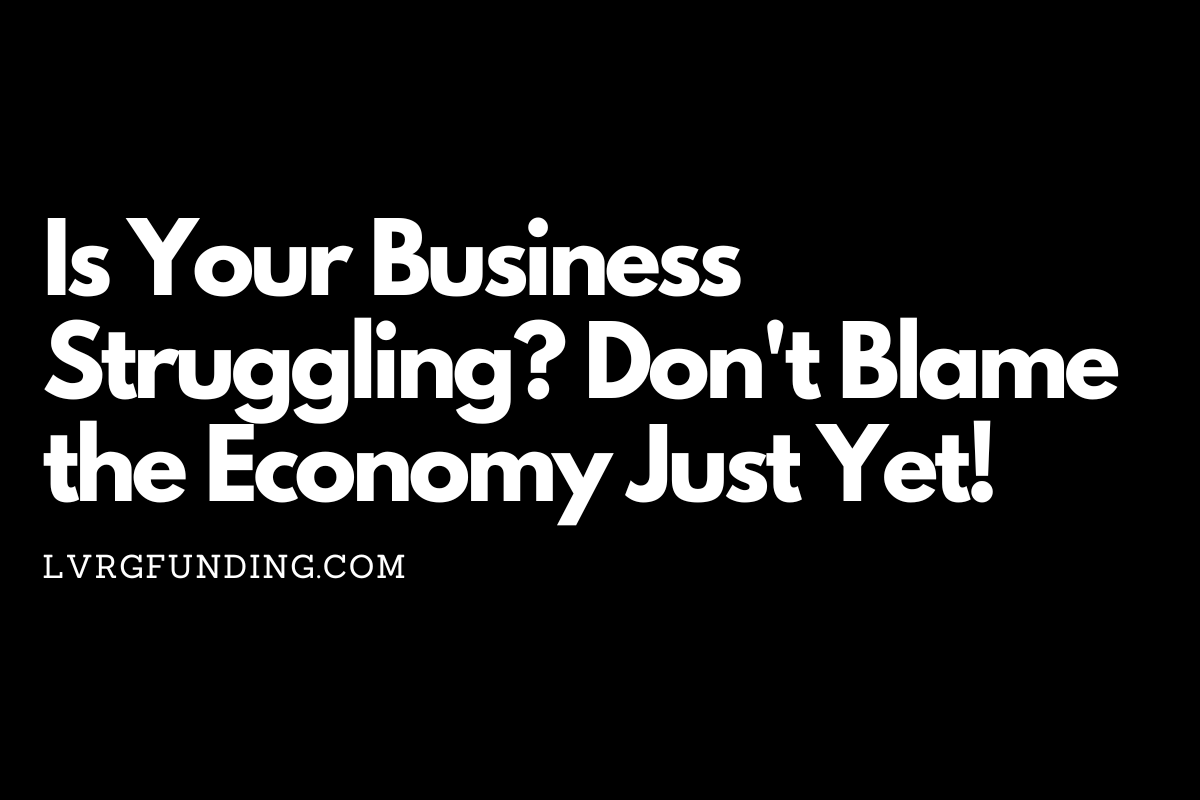Ignorance may be bliss, but not when you own a business.
As an experienced business owner, you understand that ignorance is never blissful in the business world. In fact, what you don't know can significantly impact your business's success and growth. Ignorance can lead to missed opportunities, poor decision-making, and ultimately, hinder your ability to stay competitive in the ever-evolving marketplace.
One crucial area where ignorance can hurt your business is in understanding your target market. Without having a deep understanding of your customers' needs, preferences, and buying behavior, you may struggle to effectively tailor your products or services to meet their expectations. This lack of knowledge may result in missed opportunities to attract new customers or retain existing ones, potentially leading to decreased sales and revenue.
Similarly, ignorance regarding industry trends and developments can put your business at a disadvantage. Staying updated on the latest advancements, market shifts, and emerging technologies is crucial for staying ahead of the competition. Lacking this knowledge can make it difficult to adapt your business strategies, identify new opportunities, or make informed decisions. It might also result in inefficient operations that fail to meet the expectations of your target market.
Furthermore, being unaware of the financial aspects of your business can also be detrimental. Without a clear understanding of your cash flow, profit margins, and key financial ratios, you may struggle to make prudent financial decisions and properly allocate resources. Ignorance in this area can lead to poor budgeting, overspending, or even a failure to secure adequate funding for growth or unexpected challenges.
Expanding your understanding of digital marketing is another crucial aspect of your business success. Ignorance in this realm may prevent you from effectively utilizing online platforms, social media, and other digital marketing strategies to reach and engage with your target audience. Staying current with digital marketing trends can help maximize your business's online visibility and create meaningful connections with potential customers.
In conclusion, as a business owner, remaining ignorant about the needs of your target market, industry trends, financial aspects, or digital marketing strategies can hurt your business significantly. It is essential to invest time and effort into continuous learning and staying informed. Stay proactive, conduct market research, network with industry professionals, and seek out educational resources to ensure that what you don't know doesn't hinder your business's growth and success. Keep reminding yourself that knowledge is power, and by embracing it, you can make informed decisions that positively impact your business.





